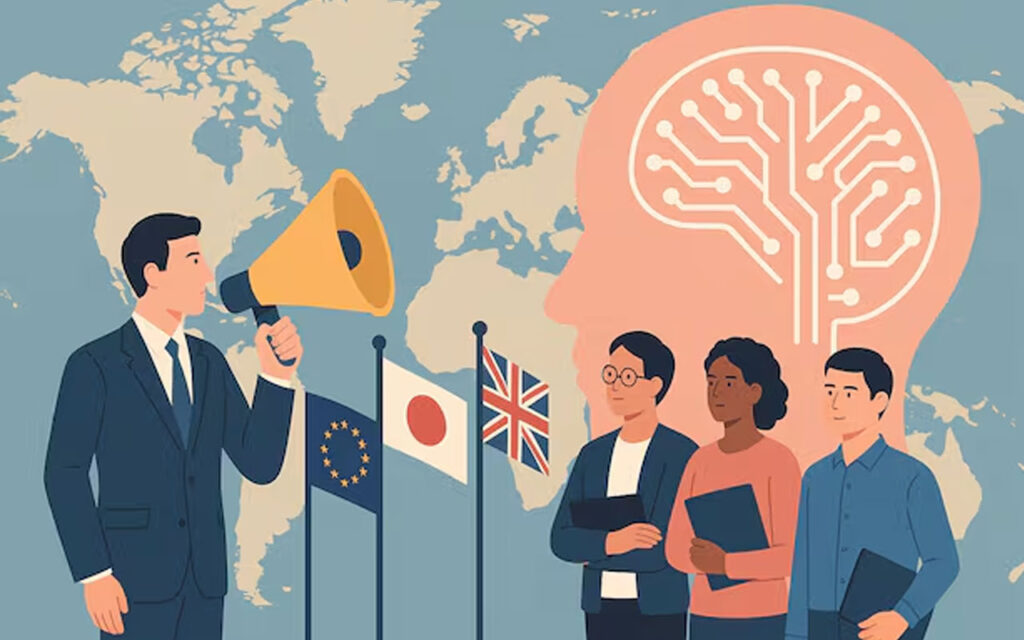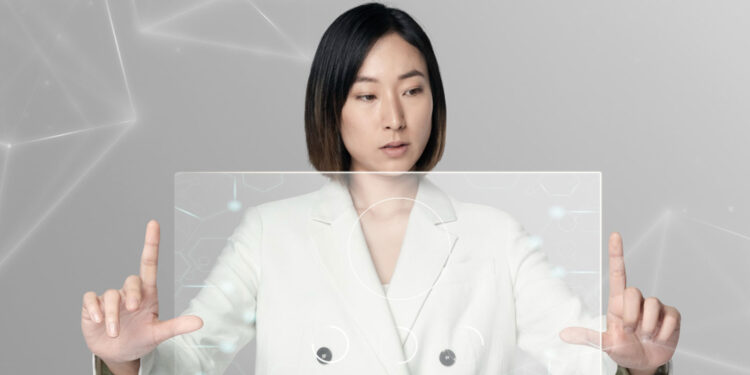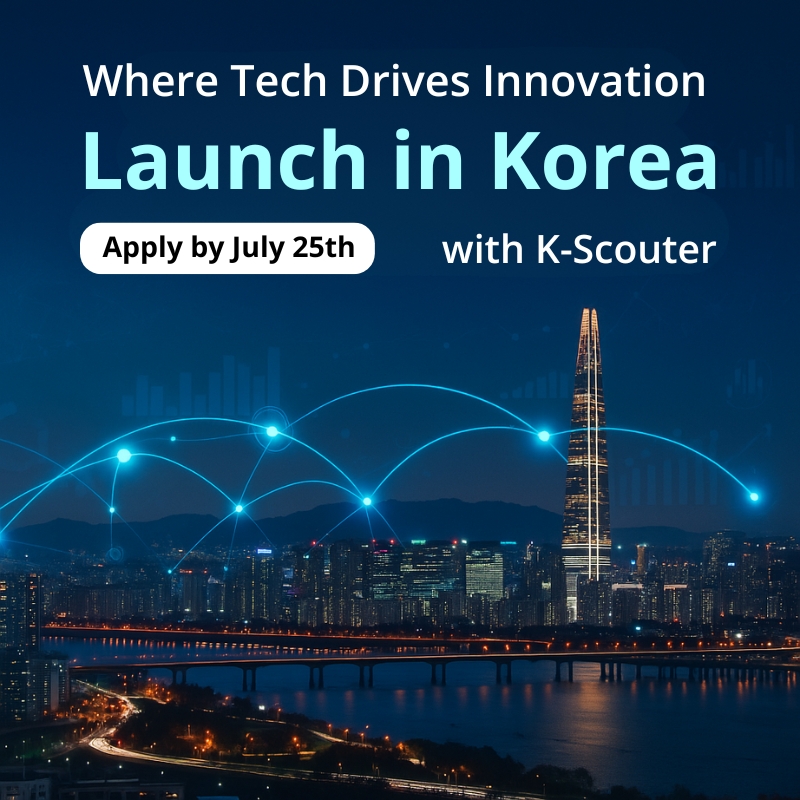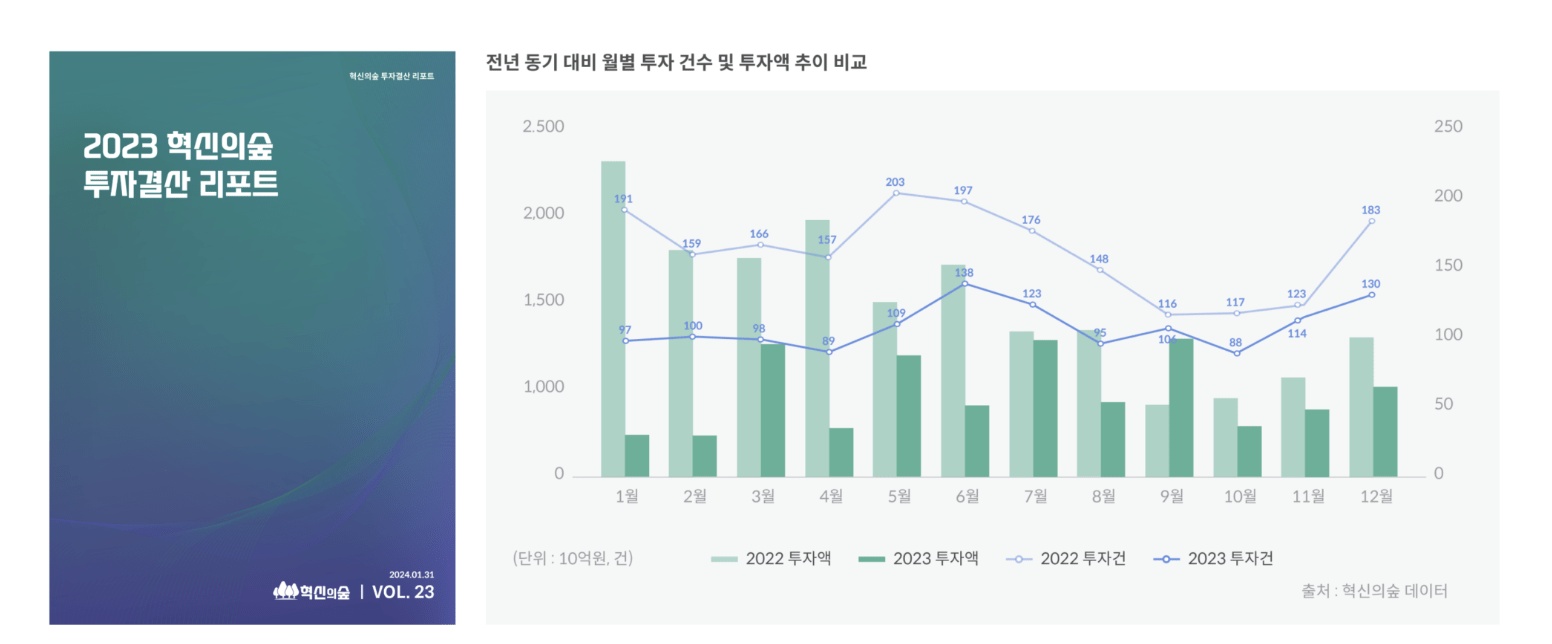South Korea is not yet a global destination for AI researchers, but it is no longer on the sidelines either. With global demand for high-level AI talent far outpacing supply across every region, Korea’s recent infrastructure investments and national initiatives are beginning to draw attention. Industry analysts suggest that if Korea can close its policy gaps and provide an environment where AI professionals can build, collaborate, and scale, it could become a viable alternative for talent seeking opportunities beyond the U.S. and China amid global AI talent wars.
Why Korea Is Losing Top AI Talent to the U.S. and China
According to a 2025 feature by ChosunBiz, citing 2022 data from the Paulson Institute, approximately 40% of South Korea’s AI master’s and PhD graduates moved overseas to pursue careers—primarily in the United States and China.
The article noted that South Korea ranked fourth among OECD countries in terms of net AI talent outflow, raising concerns about long-term competitiveness in sectors like semiconductors, smart mobility, and generative AI.
Several factors are pushing talent out:
- Insufficient access to GPUs and data infrastructure
- Lack of globally recognized AI labs or peer networks
- Low researcher compensation compared to global tech firms
- STEM talent drain to the medical field
Meanwhile, the U.S. alone has attracted over 32,000 foreign AI professionals in just the last three years.
At companies like Meta, Google, and xAI, over 25% of AI teams are made up of foreign nationals. In Meta’s elite Superintelligence Labs, nearly half of the researchers are graduates of China’s top AI institutions.
How to Attract Foreign AI Researchers to Korea
While Korea has not yet matched the scale of talent programs seen in Europe or the U.S., it is beginning to build the pieces of a viable AI ecosystem.
Experts suggest the following steps to help position South Korea as an emerging destination for foreign AI talent:
- Establish fast-track visa programs for AI researchers and engineers
- Invest in public-private AI research labs with competitive salaries and GPU access
- Provide long-term, stable funding to avoid fragmentation
- Foster researcher autonomy rather than hierarchical control
- Build teams with industrial execution capacity, not just academic reputation
As Jang Jin Seok, Head of AI & Digital at BCG Korea, has emphasized in local media, Korea’s long-term competitiveness will depend on building execution-ready AI teams—not just hiring superstar individuals.
That includes developing cohesive, well-supported teams grounded in infrastructure and institutional autonomy.
What Other Countries Are Doing—And What Korea Can Learn
To compete, Korea must recognize the scale and intensity of international talent strategies. As examples:
- EU: $585 million USD (~₩810 billion KRW) earmarked over two years for AI researcher recruitment
- France: Over $100 million USD (~₩140 billion KRW) to repatriate French AI researchers
- UK: Launching a $70 million USD (~₩97.5 billion KRW) global researcher attraction program
- Australia: Offers full relocation packages, job placement, and research funding for global scientists
- Japan: Passed the AI Advancement Act, offering GPU purchase subsidies to labs and firms

Professor Choi Byung Ho of Korea University’s AI Research Institute noted that Korea must invest in infrastructure such as GPU access and lab environments to attract top researchers, as Japan is already making gains in this area.
Korea’s Current Measures: Early-Stage, But Expanding
The government’s Generative AI Talent Initiative, launched in July with LG AI Research and NCSoft AI, aims to train industrial-ready AI professionals. However, its initial budget—₩18 billion KRW (approx. $13.8 million USD)—is modest compared to global efforts.
Other projects underway include:
- National AI Computing Center Initiative
- GPU Infrastructure Expansion Program
- AI Foundation Model Development Project
While promising, these projects still lack a unified strategy linking infrastructure, training, and global researcher outreach.
AI Talent in South Korea: A Strategic Opportunity, Not a Guarantee
At present, South Korea may remain a challenger—not a leader—in AI research talent acquisition.
However, for early-career AI researchers who value applied AI experience, access to emerging industries, and the chance to help shape a growing ecosystem, Korea’s evolving AI environment could offer unique advantages in the next five years.
As Jang Jin Seok of BCG Korea emphasizes, Korea’s future as an AI talent hub depends on “execution capability,” not just attracting global stars but building entire A-tier teams supported by infrastructure, institutional policy, and research autonomy.
Build for the Future, Not Just Catch Up
South Korea has the building blocks to grow into a globally viable base for AI research talent, but it must make deliberate moves to close its current gaps.
By investing not just in GPUs and data, but in people, lab culture, and team-based innovation, Korea can offer what many early-stage AI researchers seek: room to build, space to learn, and support to scale.
Stay informed on Korea’s fast-moving startup and tech scene—follow KoreaTechDesk on social media: LinkedIn, X (Twitter), Bluesky, and Facebook for insights, funding news, and industry updates.










